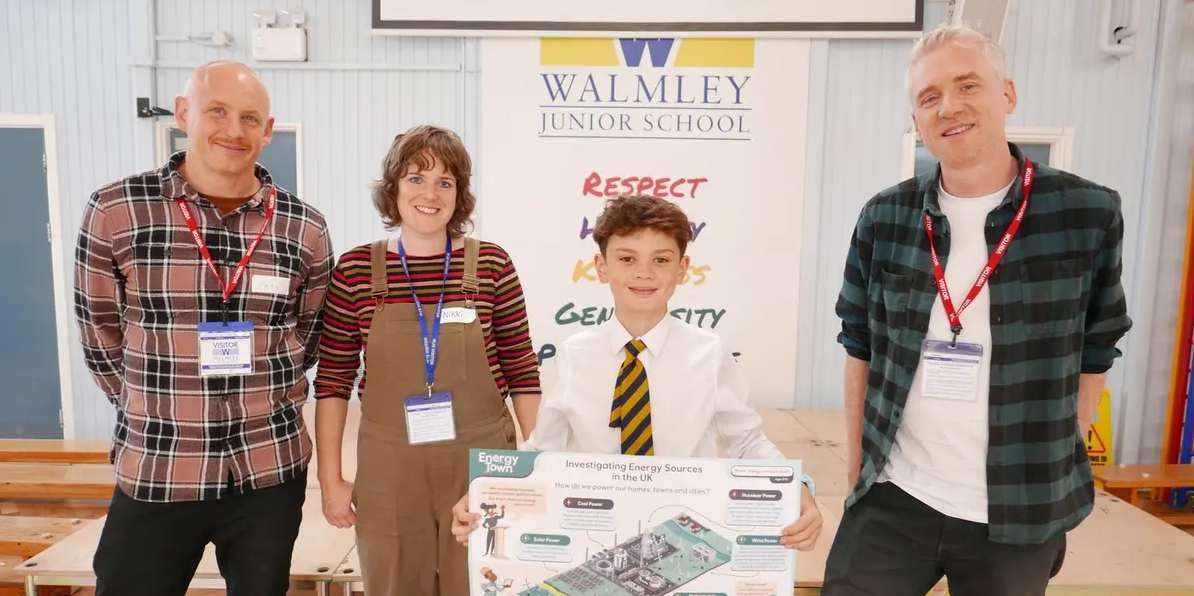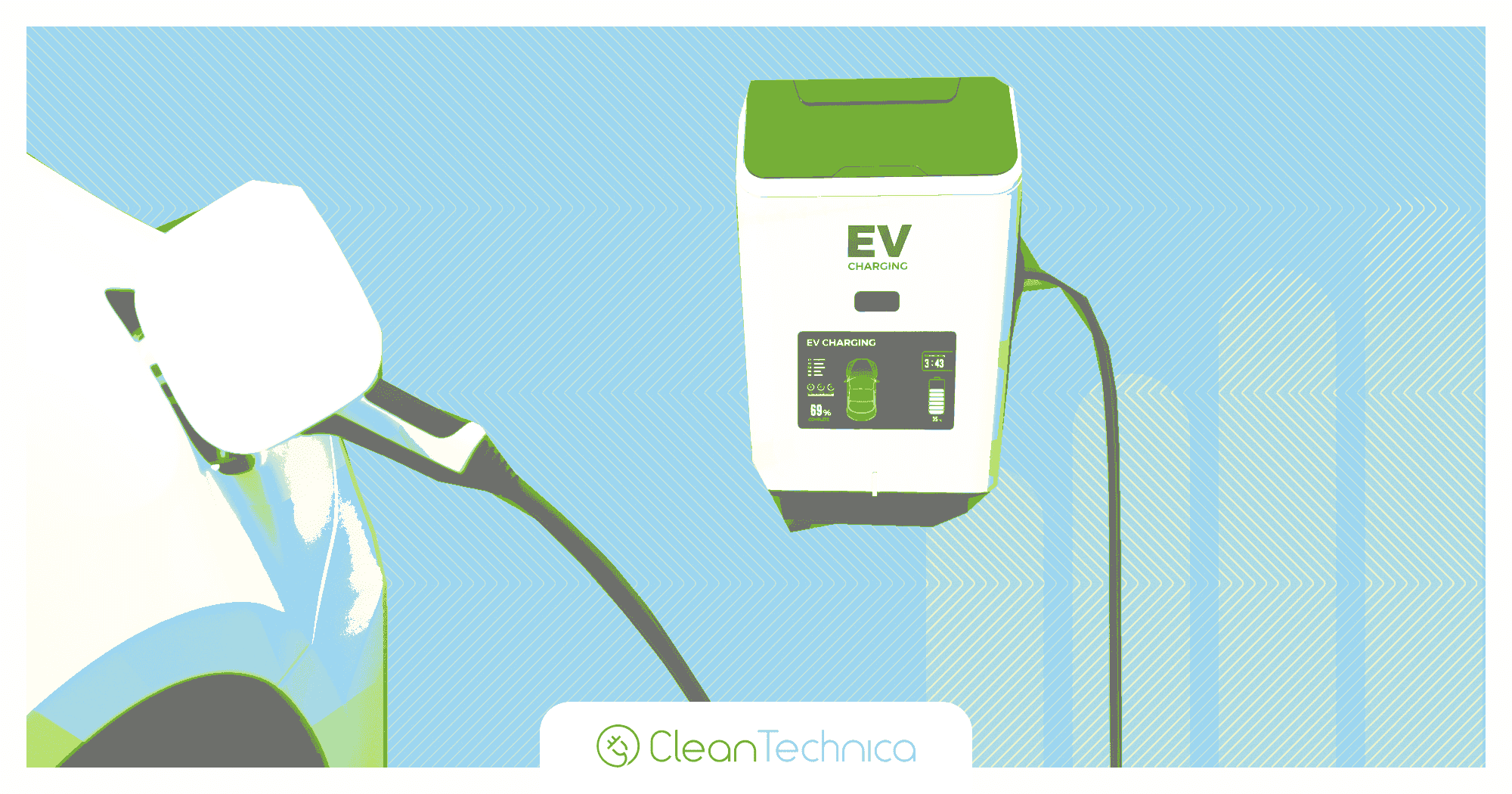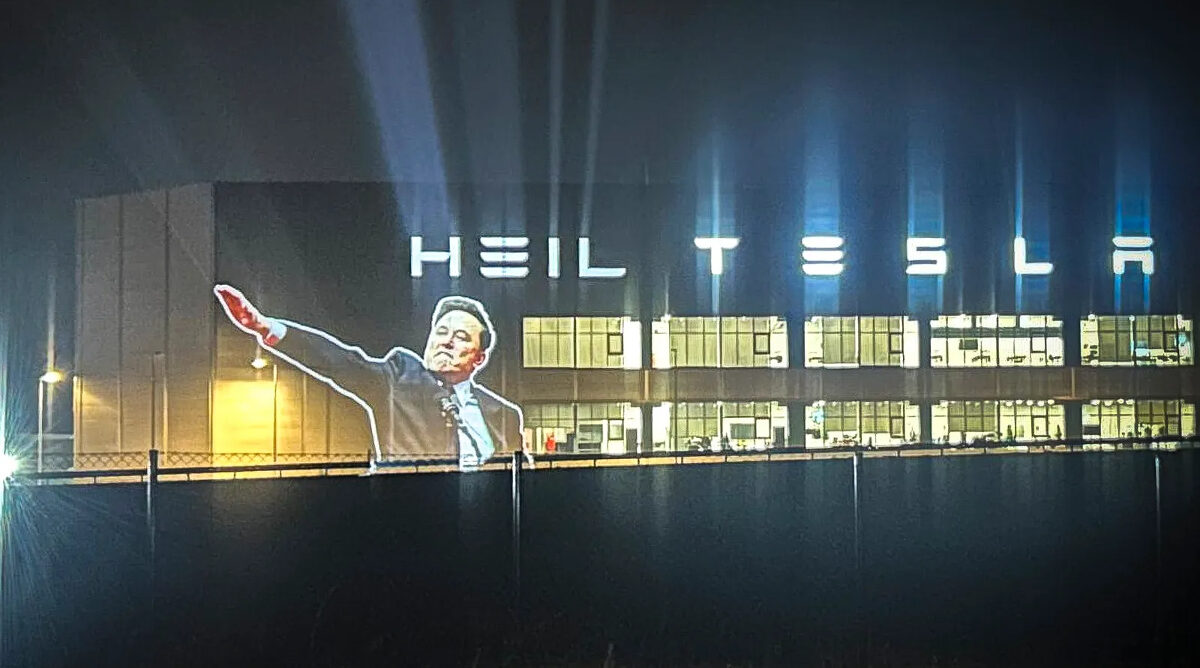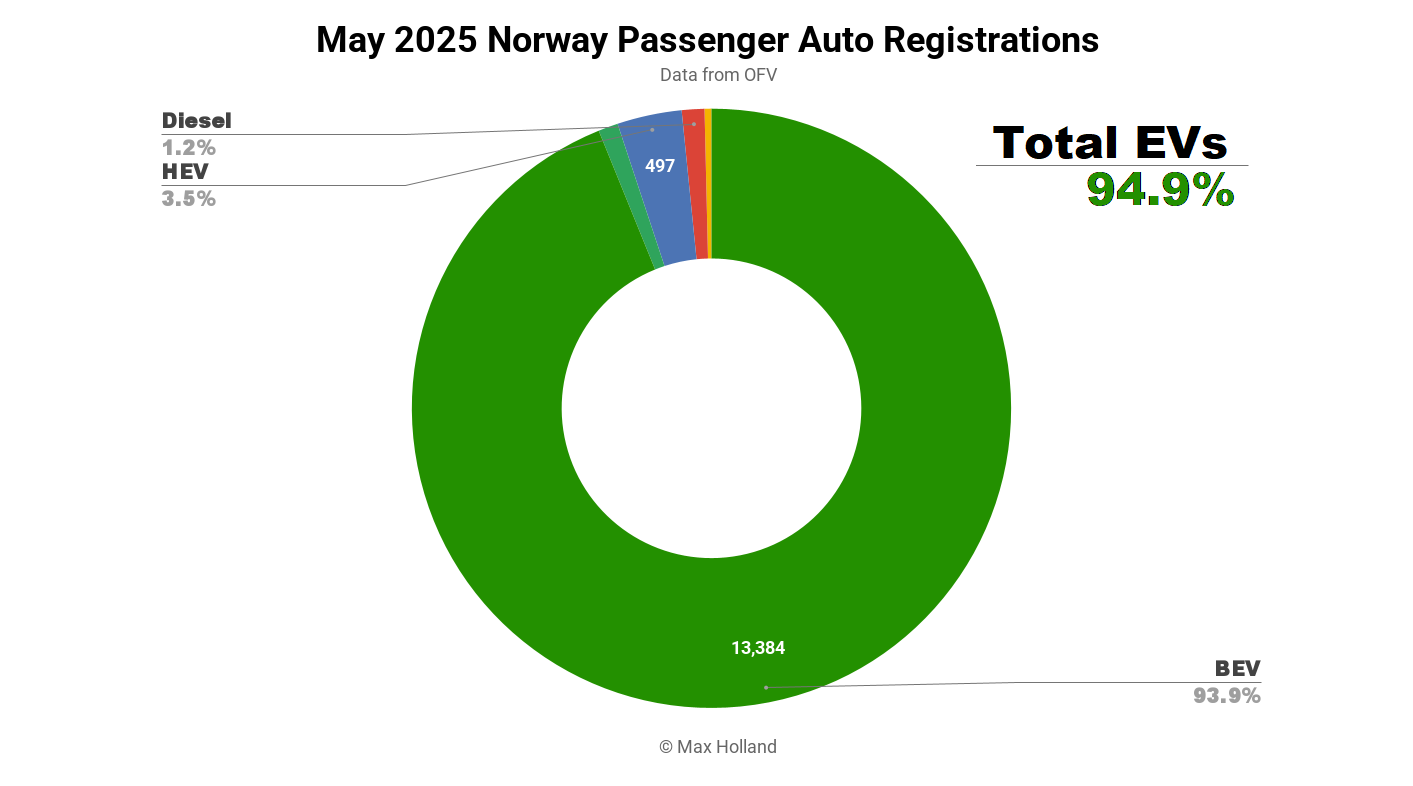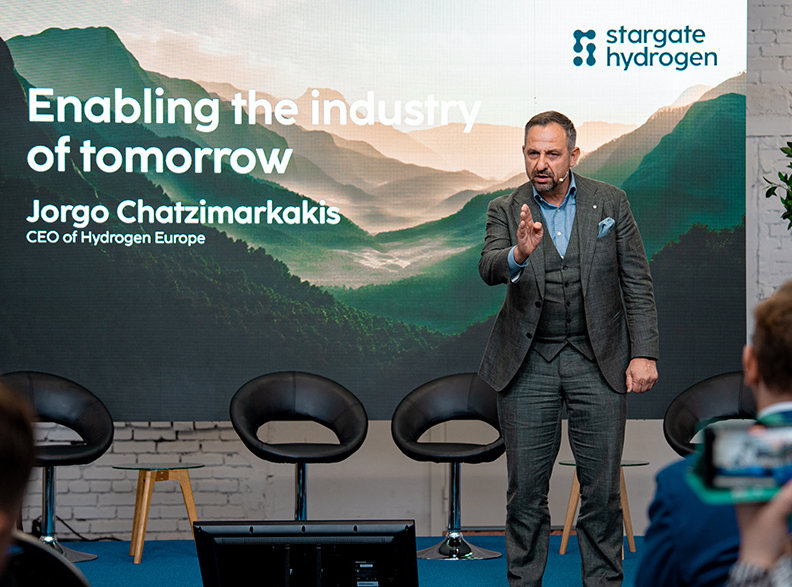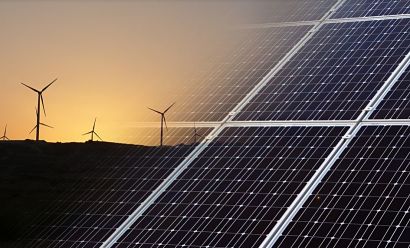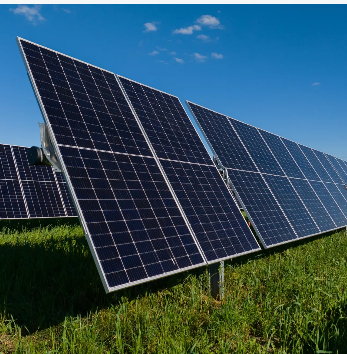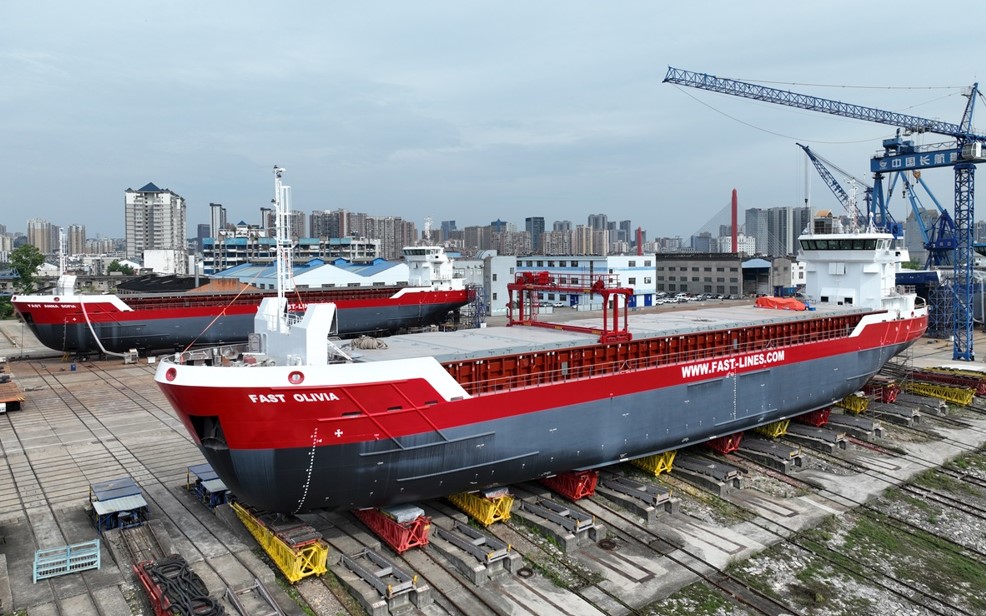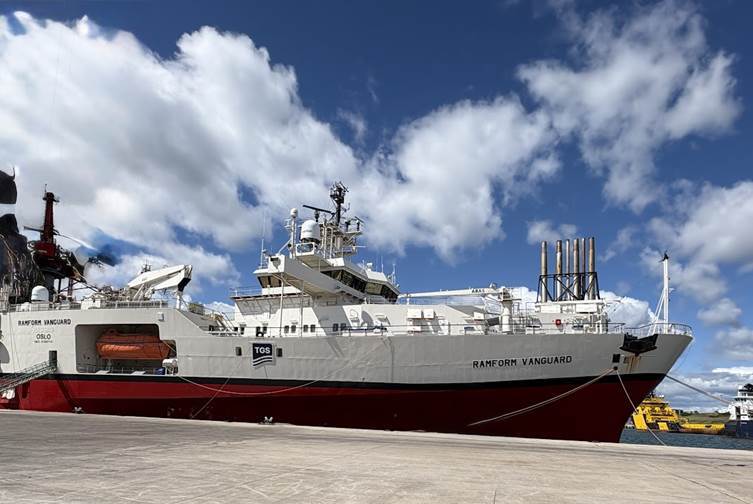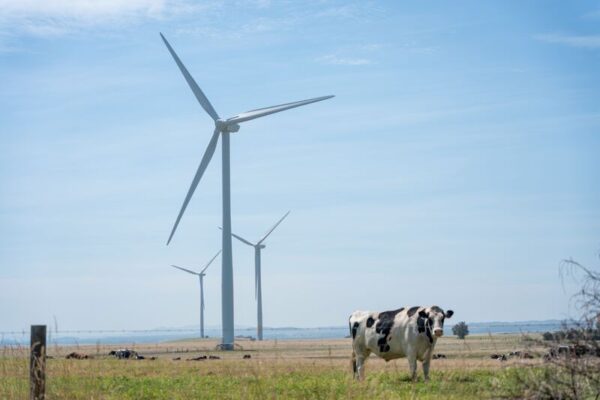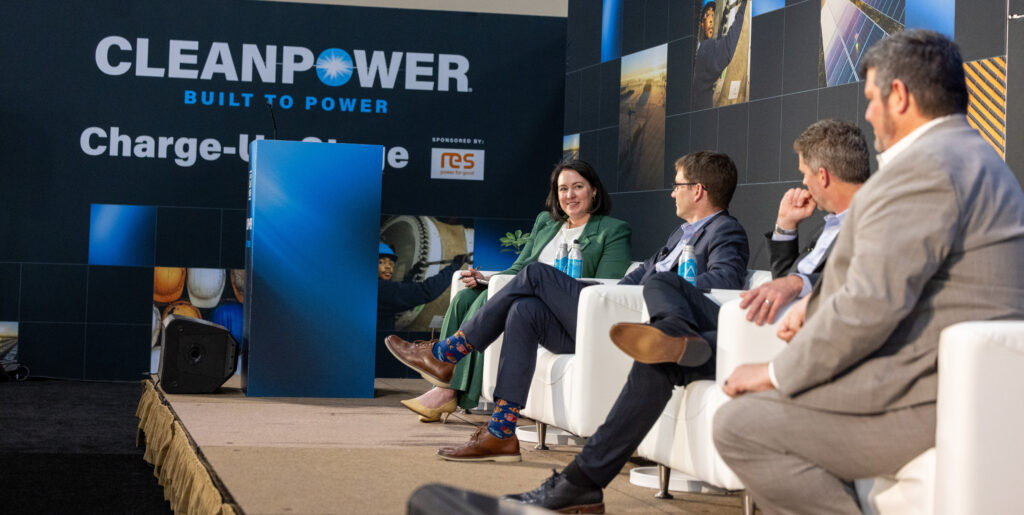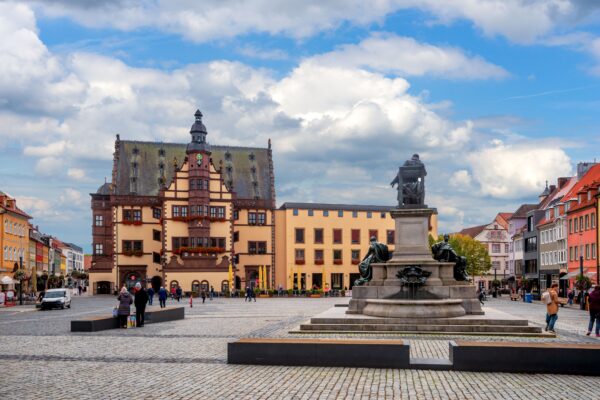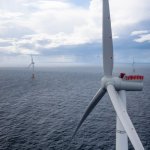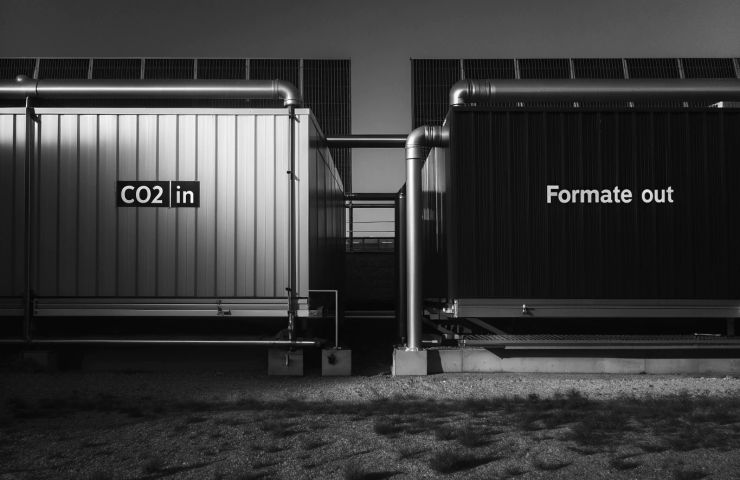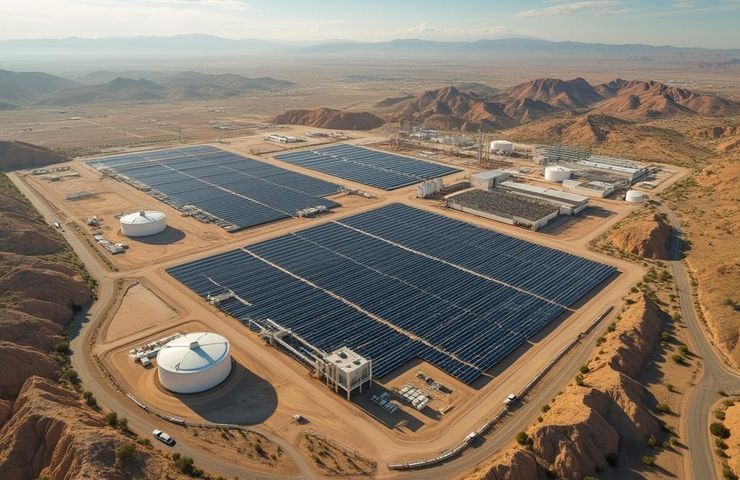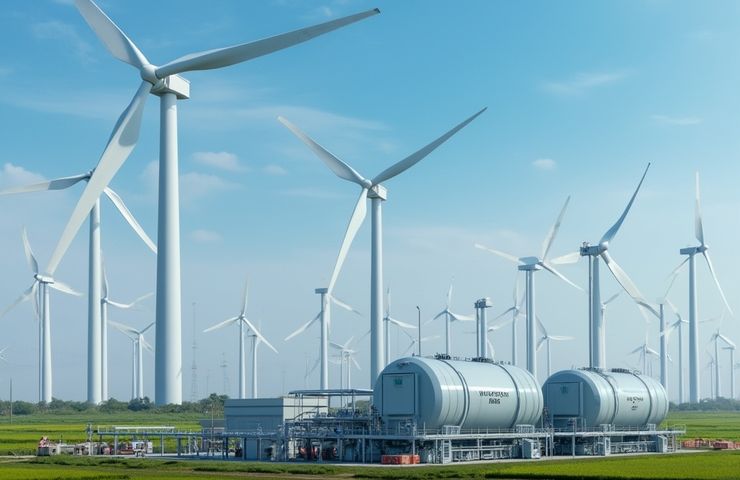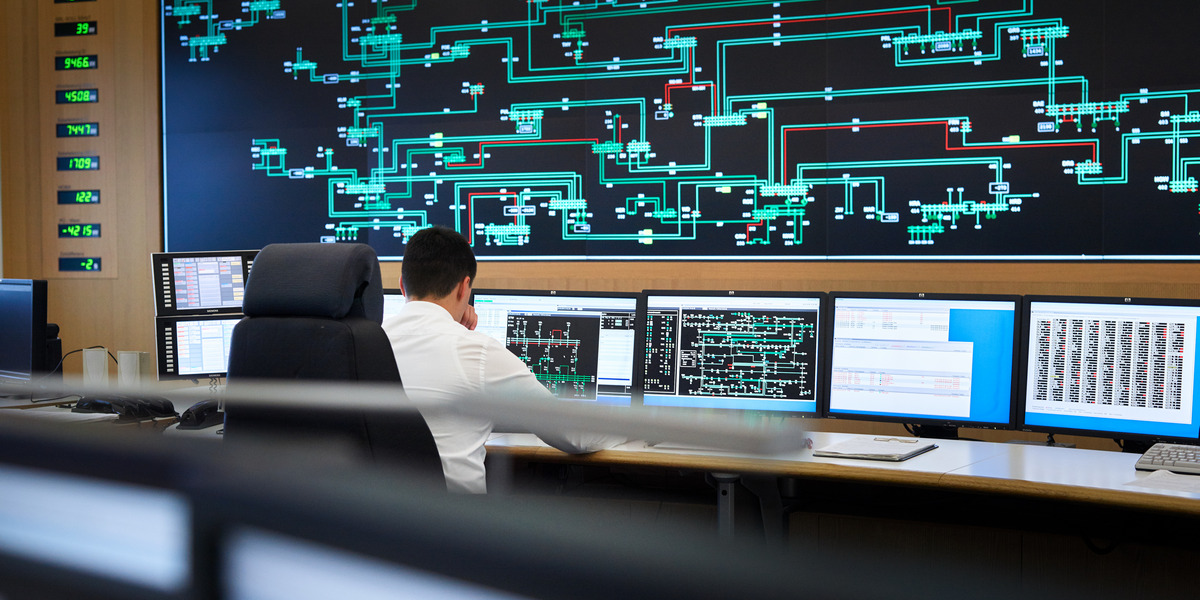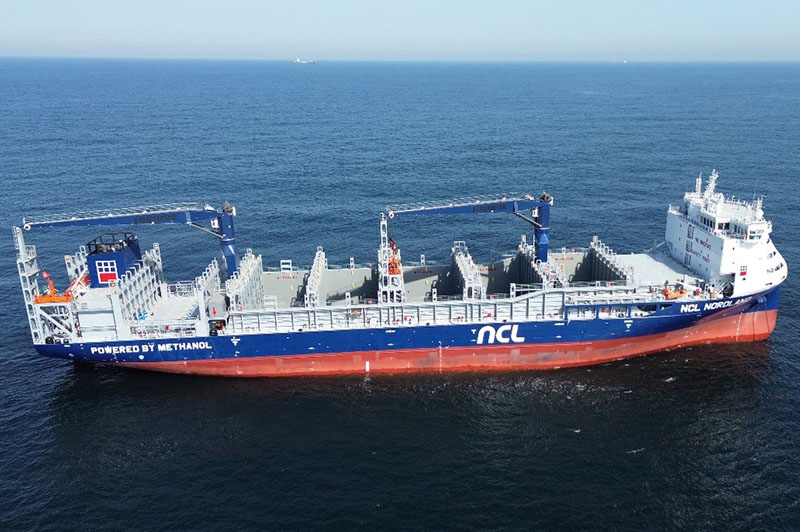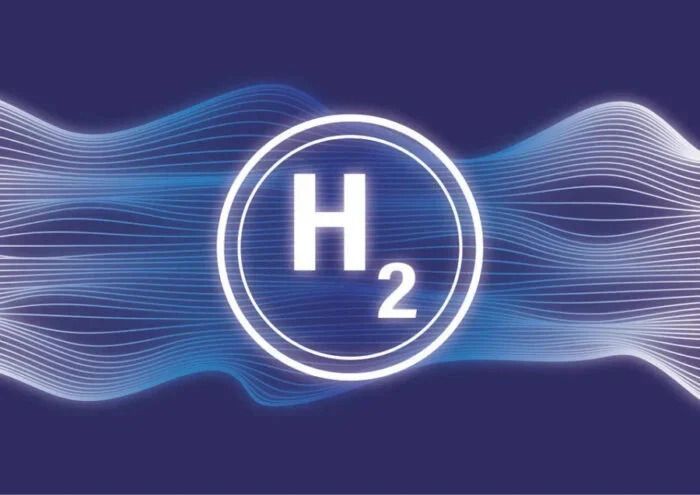South Korea Unveils World’s Smallest Semiconductor for Solar Hydrogen Production
South Korean researchers have just pulled off a world-first: they’ve developed a stable quantum semiconductor nanocluster designed specifically for producing…
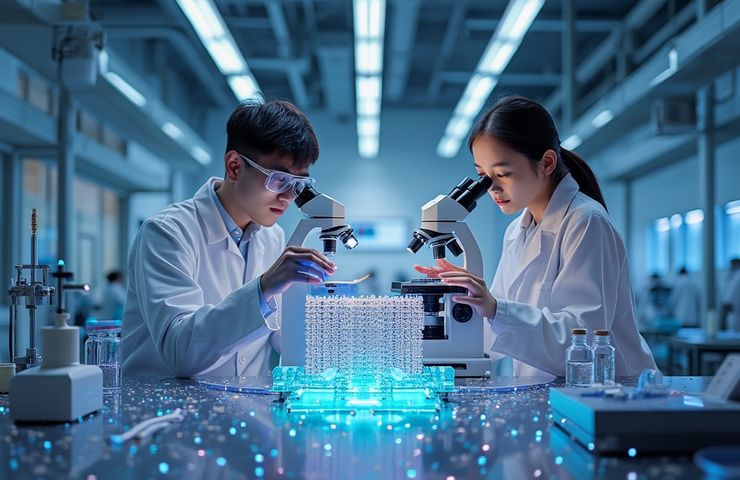

South Korean researchers have just pulled off a world-first: they’ve developed a stable quantum semiconductor nanocluster designed specifically for producing green hydrogen. The team, led by DGIST in collaboration with Hanyang University and Korea University, managed to harness a (CdSe)₁₃ structure — a tiny cluster made up of just 26 atoms — and stabilized it using a cobalt-doped 3D superstructure. What’s the big deal? This setup makes it possible to split water into hydrogen using sunlight with incredible efficiency—a huge step forward in tackling the long-standing issues around the stability and electrical behavior of quantum dots.
Field Test Coming in 2025
Here’s where things get even more interesting: the technology isn’t just staying in the lab. It’s set to be tested in the real world at POSCO’s Gwangyang Steel Plant in Q3 2025. The goal? A projected 40% cut in hydrogen production costs. That’s a massive deal for industries looking to decarbonize. Plus, with a patent already in the pipeline, this breakthrough has serious momentum behind it.
Paving the Way for Clean Energy
This development is more than just exciting science—it’s a potential game-changer for industrial decarbonization. By improving how we produce green hydrogen through photocatalytic water splitting, South Korea is solidifying its position at the forefront of the clean energy revolution. As new technologies like this move from lab to large-scale deployment, the possibilities for a truly sustainable future only get stronger.
What's Your Reaction?







